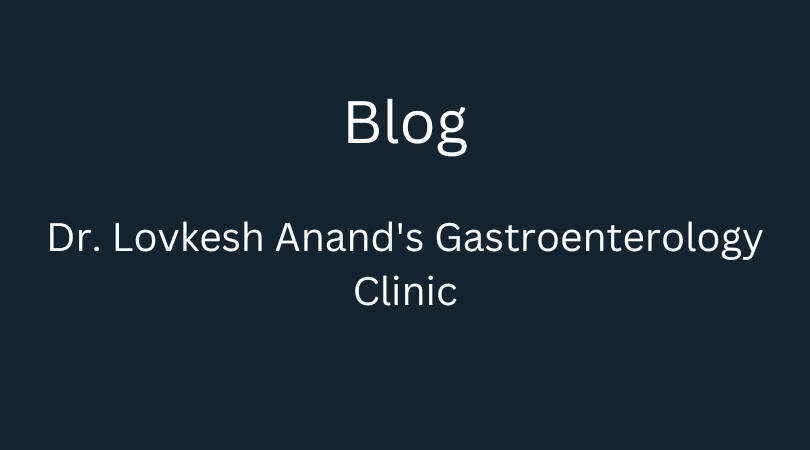The liver is one of the most vital organs in the human body, responsible for detoxification, metabolism, and digestion. However, various factors can lead to liver diseases, impacting overall health. Understanding the symptoms, causes, and treatment options is crucial for early diagnosis and effective management.
Common Symptoms of Liver Diseases
Liver diseases often progress silently, showing noticeable symptoms only in advanced stages. Some common signs include:
- Jaundice: Yellowing of the skin and eyes due to excessive bilirubin buildup.
- Fatigue: Persistent tiredness and weakness.
- Abdominal Pain and Swelling: Discomfort in the upper right abdomen, often accompanied by bloating.
- Dark Urine and Pale Stools: Indications of bile flow obstruction.
- Unexplained Weight Loss: Sudden loss of appetite and weight.
- Easy Bruising and Bleeding: Due to reduced clotting factor production.
Causes of Liver Diseases
Several factors contribute to liver diseases, including:
- Viral Infections: Hepatitis A, B, and C viruses cause liver inflammation, potentially leading to chronic liver disease.
- Alcohol Abuse: Excessive alcohol consumption can lead to fatty liver, alcoholic hepatitis, and cirrhosis.
- Non-Alcoholic Fatty Liver Disease (NAFLD): Often associated with obesity, diabetes, and high cholesterol levels.
- Genetic Disorders: Conditions like Wilson’s disease and hemochromatosis affect liver function.
- Autoimmune Diseases: The immune system mistakenly attacks liver cells, leading to autoimmune hepatitis.
- Toxic Exposure: Long-term use of certain medications or exposure to harmful chemicals can damage the liver.
Treatment Options for Liver Diseases
Treatment varies depending on the underlying cause and severity of liver disease. Common approaches include:
- Medications: Antiviral drugs for hepatitis, corticosteroids for autoimmune diseases, and cholesterol-lowering medications for fatty liver disease.
- Lifestyle Changes: Adopting a healthy diet, avoiding alcohol, maintaining an ideal weight, and regular exercise can prevent further liver damage.
- Liver Transplant: In severe cases such as liver failure or end-stage cirrhosis, a liver transplant may be necessary.
- Regular Monitoring: Patients with chronic liver disease should undergo routine checkups to assess liver function and prevent complications.
Conclusion
Liver diseases can significantly impact one’s health if left untreated. Early diagnosis, lifestyle modifications, and proper medical intervention can help manage and even reverse some liver conditions. If you experience any symptoms related to liver disease, consult a healthcare professional for timely evaluation and treatment.


